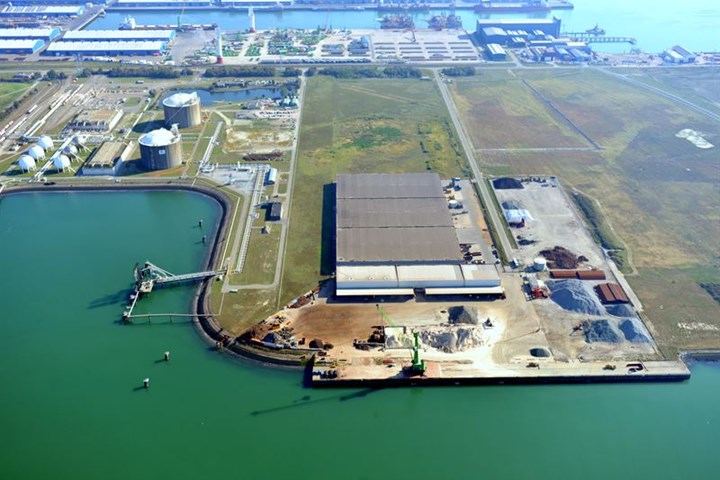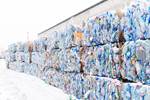Neste and Ravago Create Joint Venture to Focus on Chemical Recycling
Neste and Ravago are aiming for a first industrial chemical recycling site in North Sea Port in Vlissingen with an annual processing capacity of about 55,000 tons of mixed plastic waste.
Neste and Ravago have established a joint venture to build an industrial facility for chemical recycling in North Sea Port in Vlissingen, the Netherlands. The facility is intended to be the starting point of joint global chemical recycling activities, built upon the advancement of the thermochemical liquefaction technology of U.S.-based Alterra Energy, a chemical recycling technology company. The companies plan to demonstrate and advance the commercialization of chemical recycling. The transaction is awaiting for and subject to regulatory approval.
This strategic partnership combines Ravago’s expertise in the mechanical preparation of plastic waste, Alterra Energy’s proprietary liquefaction technology, and Neste’s expertise in the processing of hydrocarbons. Neste and Ravago are aiming for a first industrial chemical recycling site in North Sea Port in Vlissingen with an annual processing capacity of about 55,000 tons of mixed plastic waste, corresponding to the plastic packaging waste generated by some 1.7 million average EU citizens per year. The long-term aspiration of the partners is to significantly increase the processing capacity on a global scale and continuously develop the joint venture into a global leader for chemical recycling of mixed plastic waste.
“We are truly excited about the progress of our joint project work. By fixing the investment location and scope, we are again one step closer to turning our dream into reality,” said Theo Roussis, CEO at Ravago. “Together with Neste, we have the necessary ingredients for a successful recipe to create scalable solutions, converting non-recyclable waste streams into valuable end products.”
“Chemical recycling has been a promising technology to accelerate the creation of a circular economy for quite a while,” says Mercedes Alonso, executive vice president, renewable polymers and chemicals at Neste. “Now, it is time to take it to the next level and turn the promise into an industrial solution. By combining the expertise of Ravago and Neste, we have the means to rapidly implement the technology to start production at commercial scale. With joint and dedicated efforts, we can bring together the know-how along the entire value chain to turn waste into valuable resources. Our ambition is clear: to be a global leader in renewable and circular solutions.”
This targeted investment is the consistent continuation of the fast-paced progress in the cooperation between the partners. In 2019, Neste and Ravago set a joint target to reach the capacity to process over 200,000 tons of mixed waste plastic per year by 2030. Ever since, the companies have evaluated technologies, the raw material market, and built joint business cases to develop chemical recycling capacities. Already in 2020, Neste also successfully conducted the first of several industrial trial runs with liquefied waste plastic at its oil refinery in Finland.

Aerial view of the designated location in North Sea Port in Vlissingen.
Related Content
-
Recycling Terminology Can Be a Minefield, So We Should Tread Lightly
Loose propagation of terms like “recyclable” and “compostable” has already brought down government regulations on labeling. The plastics and packaging industries should take that to heart with other recycle-related language. Like “monomaterial” for example.
-
Looking to Run PCR on a Single Screw? Here’s What to Keep in Mind
Just drop it in and mix it up? Sorry, there’s a lot more to it than that. Here is some of what you need to consider.
-
Scaling Up Sustainable Solutions for Fiber Reinforced Composite Materials
Oak Ridge National Laboratory's Sustainable Manufacturing Technologies Group helps industrial partners tackle the sustainability challenges presented by fiber-reinforced composite materials.
















